How does a Caliper Parking Brake Work? Unveiling the Mechanics!
Navigating the intricacies of “How does a caliper parking brake work?” unveils a world where vehicular safety meets cutting-edge design. As disc brakes become more commonplace, understanding their caliper counterparts is vital. In this blog post, we focus on all the important factors, including mechanics, benefits, and nuances of caliper park brakes, juxtaposing them with other brake types. So, if you have been seeking knowledge about the caliper parking brake, this discussion will be highly beneficial.
What is a Caliper Parking Brake?
A caliper parking brake is a component that uses the brake caliper mechanism, often integrated into disc brakes, to hold the vehicle stationary when parked.
Simply put, this system has been designed to ensure stability and prevent unwanted movement of the car. In fact, most vehicles with disc brakes utilize this mechanism.
Unlike traditional drum brake systems where shoes expand outward to create friction against the drum, the caliper parking brake employs a caliper and brake pads.
When activated, the caliper squeezes the brake pads onto the brake disc, thereby securing the vehicle.
This technology offers enhanced safety and efficient performance. Another advantage is that it requires less maintenance than its counterparts.
If you understand its mechanism and maintain the brake system properly, the longevity and optimum functioning of the car are sure!
How does a Caliper Parking Brake Work?
The caliper parking brake operates by employing the brake caliper mechanism to firmly secure the vehicle in its stationary position. At its core, this system utilizes hydraulic force and mechanical action to function effectively.
We can break down its entire mechanism as follows:
- Activation: When the parking brake lever or electronic button is engaged, it sends a signal to activate the system.
- Hydraulic Action: In some systems, hydraulic force pushes the piston inside the brake caliper, similar to regular braking.
- Mechanical Action: In others, especially in manual systems, a mechanical action (lever or screw mechanism) within the caliper is used. This forces the brake pads to squeeze against the brake rotor.
- Friction Generation: As the brake pads press against the brake disc (rotor), friction is generated. This friction prevents the wheel from rotating.
- Holding Mechanism: The vehicle remains stationary as long as the parking brake is engaged. The pressure between the brake pads and the rotor ensures that the vehicle doesn’t move.
- Release: Upon disengagement, the mechanical action or hydraulic force is reversed, releasing the brake pads from the rotor and allowing the wheel to rotate freely.
It’s crucial to recognize the signs of a wearing caliper parking brake to maintain its efficiency. Over time, brake pads thin out, the hydraulic system might leak, or the mechanical components can wear. So, our recommendation is to inspect this system regularly and take necessary actions if any part has worn out.
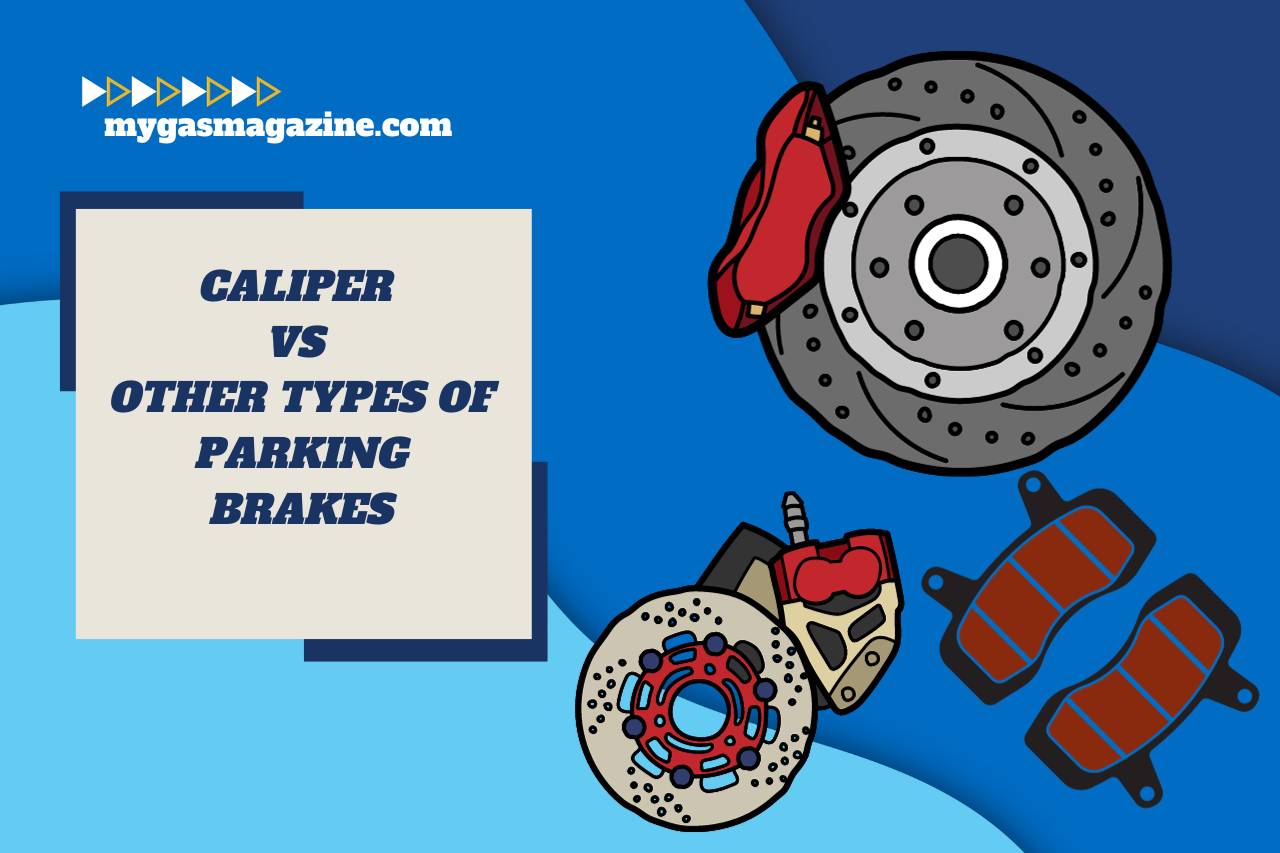

Caliper vs Other Types of Parking Brakes
Comparing the caliper parking brake with other types of parking brakes highlights distinct advantages and potential limitations. While caliper parking brakes leverage brake calipers for holding power, other systems use different mechanisms. Here, we have listed each type’s benefits and limitations for you to get a better idea.
- Caliper Parking Brake – Uses brake caliper mechanism, typically found in disc brake systems.
- Benefits: Efficient performance, less maintenance, and greater longevity.
- Limitations: Potential for hydraulic leaks and worn-out mechanical parts.
- Drum Parking Brake – Operates using shoes that expand outwards, pressing against the brake drum.
- Benefits: Generally robust and reliable due to its simpler design.
- Limitations: Can be less efficient in heat dissipation, leading to potential overheating issues.
- Electronic Parking Brake (EPB) – Utilizes electronic motors to actuate the parking brake, often on the rear calipers.
- Benefits: Automated functioning, sleek design, and space-saving (eliminates traditional lever or pedal).
- Limitations: Relies heavily on electronics, which can complicate troubleshooting and repair.
In summary, while caliper parking brakes offer a blend of efficiency and durability, each system type has its unique strengths and challenges.
Choosing the right parking brake largely depends on the vehicle’s design, intended usage, and driver preference.
Regular maintenance and understanding of the fundamental differences between these systems ensure safety and optimize performance.
Pros and Cons of Caliper Park Brakes
Weighing the pros and cons of caliper park brakes reveals a nuanced picture of their performance, maintenance, and overall functionality. So, it will be easy for you to choose the car with the braking system you want.
Pros
- Efficiency: Caliper parking brakes, especially when integrated into disc brake systems, offer rapid heat dissipation. This ensures consistent braking performance even in high-demand situations.
- Compact Design: Their relatively compact nature means they fit seamlessly into most modern vehicle designs without taking up excessive space. So, you will less frequently encounter certain issues that bigger components cause, like rust.
- Durability: With fewer moving parts compared to traditional drum brakes, they generally experience less wear and tear over time.
- Maintenance: Due to its compact nature, it is easier to inspect and service, given their exposed position, as opposed to concealed drum brakes.
- Responsive: Offers a firm grip and immediate response, which helps you to handle the vehicle easily, even on slopes.
Cons
- Cost: Typically, caliper park brakes, especially those in high-end vehicles, can be more expensive to replace or repair than traditional systems.
- Hydraulic Concerns: Being part of the hydraulic system means there’s a potential for leaks. As a result, it can compromise brake performance.
- Complexity: Advanced caliper systems, especially those integrated with electronic controls, can present challenges in troubleshooting and repair.
- Compatibility: Not all vehicles may be compatible with retrofit caliper parking brakes. In case your vehicle belongs to an older generation, there is little chance of using this brake system.
Watch this one,
Video Credits – Craft Customs
You May Also Like
- How to Tell If Parking Brake is Stuck? Uncover the Mystery!
- Difference Between Park and Parking Brake – (Understanding Auto Lingo)
- When to Use Park Brake? Mastering the Art of Parking!
- Park Lights Come On When the Brake is Pressed – Understanding the Link!
- Brake Lamp Bulb Fault – Replacing a Faulty Brake Lamp Bulb!
- Park Brake Limited Function Service Required – Expert Tips for Maintenance!
- Parking Brake Engaged While Driving – What to Do Next!


Meet Lakith, the driving force behind MyGasMagazine.com. A seasoned mechanic with over 7 years of hands-on experience in our family-run Gas Mag Garage, Lakith combines his technical expertise with a deep passion for cars. His journey in the automotive world began alongside his father, learning the intricacies of car repair and maintenance. Today, as the founder of MyGasMagazine.com, Lakith shares his wealth of knowledge, offering readers a unique blend of practical advice, industry insights, and engaging stories from the vibrant car culture of Sri Lanka.

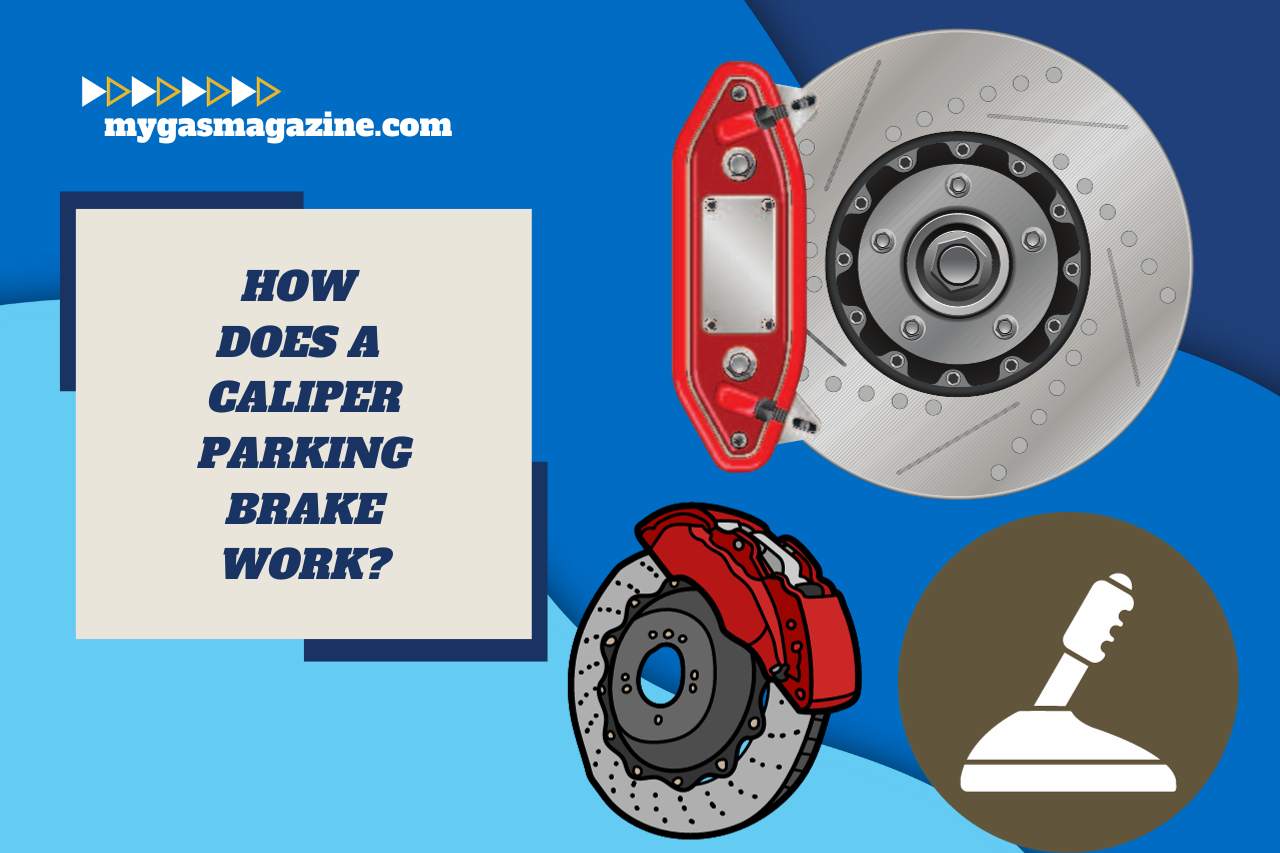

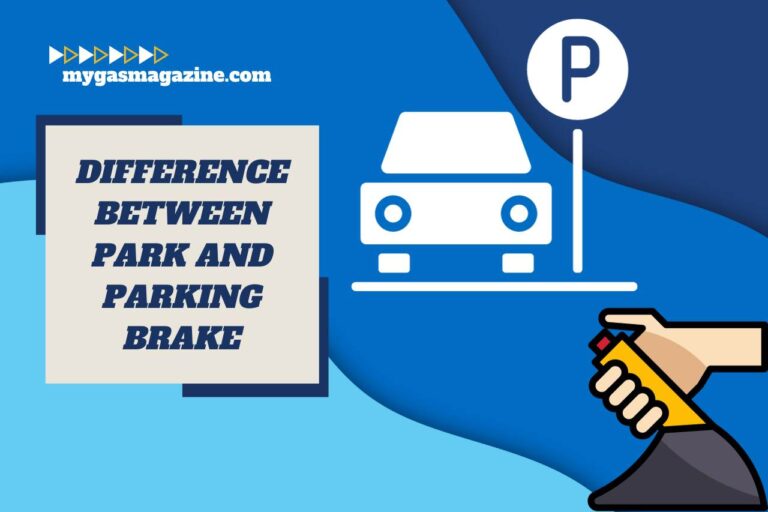
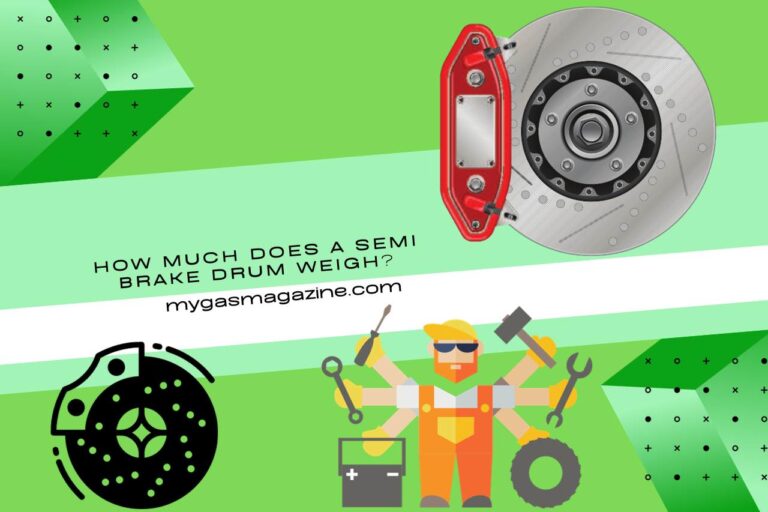
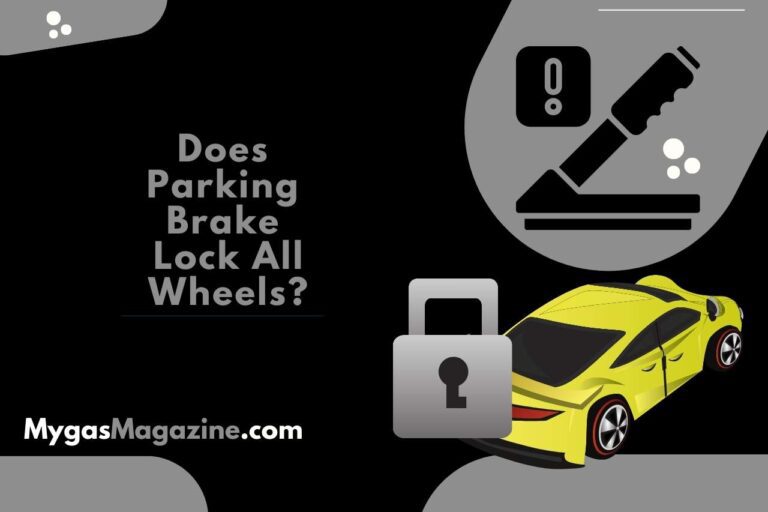
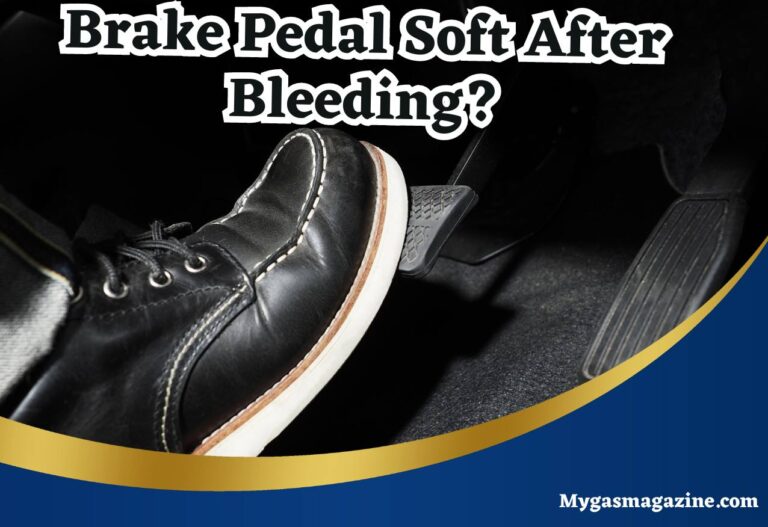
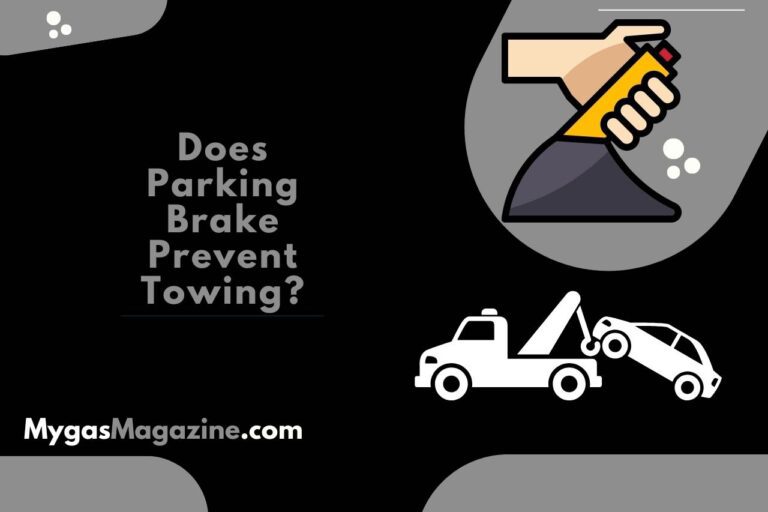
5 Comments